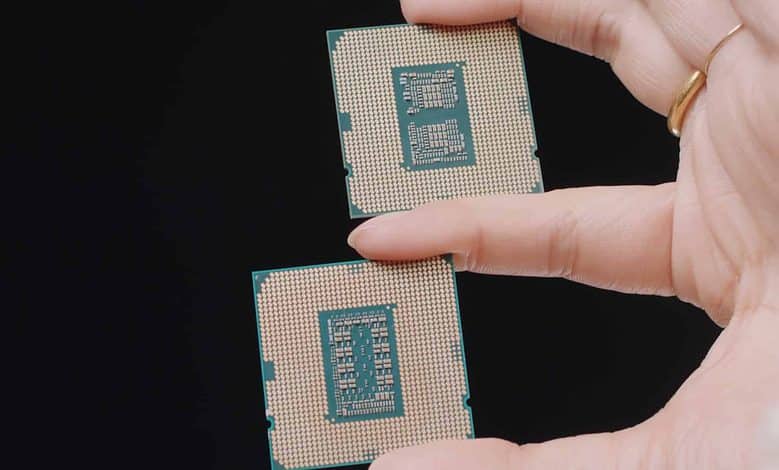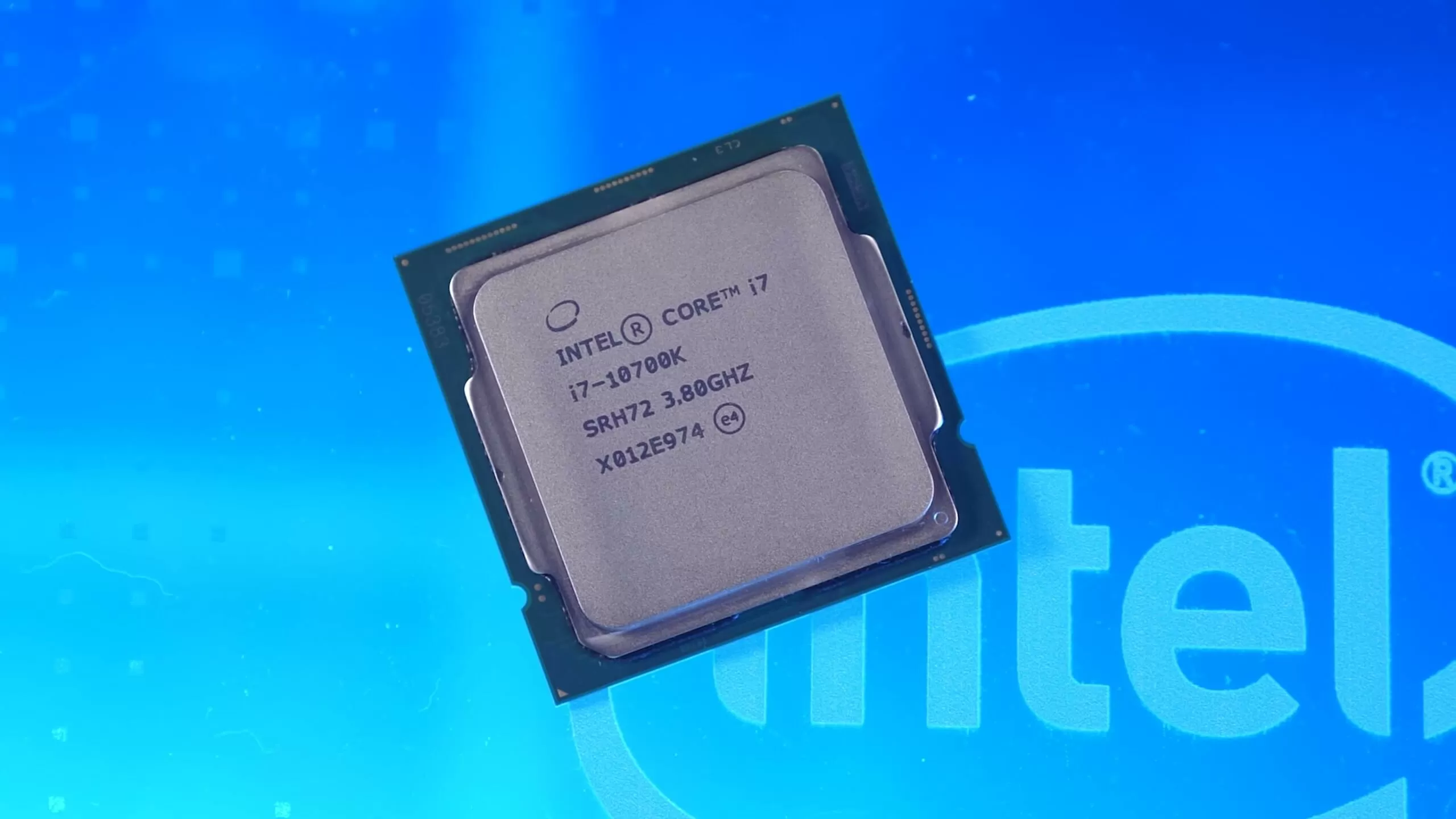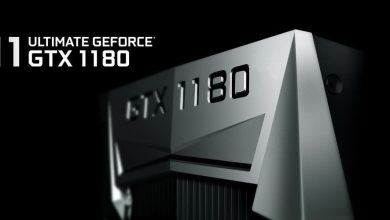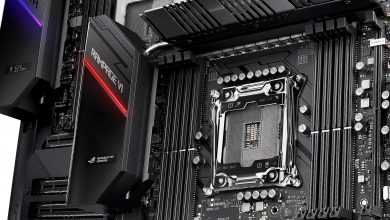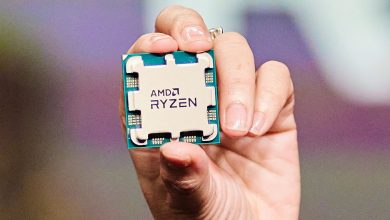What to know: The 11700K could perform similarly to current flagships, or it could perform better if Intel refines it ahead of release. Furthermore, what some of these numbers show, particularly the power draw and temperature tests is that his engineering sample is only partially showing what the final CPU will offer.
In synthetic multi-core testing, the 11700K performed better than its predecessor but worse than the 10-core 10900K, as expected. In synthetic single-core testing, it usually outperformed all previous Intel processors to roughly match the newest AMD processors.
In games, it performed similarly to other flagship processors like the 10900K and 5950X. Its performance was very distinct from those other processors– oftentimes, it had oddly high or low minimum framerates, and in some games it struggled unexpectedly. Perhaps explained because this is again, an engineering sample. Overall, though, it wasn’t better or worse.
To summarize, the 11700K could perform similarly to current flagships, or it could perform better if Intel refines it ahead of release.
The power draw and temperature tests prove just how unfinished this processor is: under a Prime95 load, it simultaneously consumed an unprecedented amount of power for an octa-core processor while running as cool as a hexa-core. This would seem to indicate that the BIOS and clock table were written too conservatively (in other words, it could’ve been clock higher).
who and how ?
Four years ago, Intel closed up shop in Romania. They’ve continued to sell their processors there but without a local office, their media support has been woeful, says lab501, a local tech publication. Of the 21 Intel processors lab501 has reviewed since being left in the lurch, 5 came from Intel’s UK office (all arriving after the review embargo had lifted), 12 came from their friends in the industry, one they purchased themselves, and 3 more came from anonymous industry sources.
Those three chips, an 8700K, an 8600K, and a 10980XE, caused some trouble for Intel. Once lab501 stopped receiving review samples from Intel, they stopped being beholden to the review embargoes. When the chips they’ve reviewed have been provided by their industry friends, they’ve respected the embargo for their friends’ sake. But when the chips have arrived without Intel’s permission, they’ve published their reviews ahead of time – much to Intel’s chagrin.
Now, lab501 has tested an 11700K engineering sample before the processor could be officially revealed. Admittedly, there’s not much left for Intel to reveal. It’s generally known that the processor will have 8 cores and 16 threads, will use a variant of the Cypress Cove architecture, and have a boost clock of around 5 GHz. But there’s been fiery debate surrounding the processor’s performance.

